Origin of Coffee
Around the sixth century AD, an Arabian shepherd named Kaldi secretly observed goats while shepherding the flock, found that the goats became extremely excited after they had eaten the red fruit of a wild shrub on the hillside. Curiously, Kaldi picked the fruit himself, and after tasting it, he found that he was full of energy and was in a very happy mood. So he took the fruit and ran to a nearby monastery to tell the monks about the magical effect. However, the monk thought it was the devil's act, so he threw the red fruits into the fire, and the fruits immediately gave off a special aroma that was mouth-watering. While the leading monks were sleeping, one of the young monks collected the cooled beans, ground them into powder and poured them into a container filled with hot water, and the world's first cup of coffee was born.
The Common Types of Coffee
According to the report by Square in 2019, the percentage of coffee favourites in all states in Australia as follow:
Latte : 27%
Flat White:: 25%
Cappuccino: 20%
Long Black: 8%
Espresso: 6%
Mocha 6%
Piccolo: 6%
| Types of Coffee | Content |
Espresso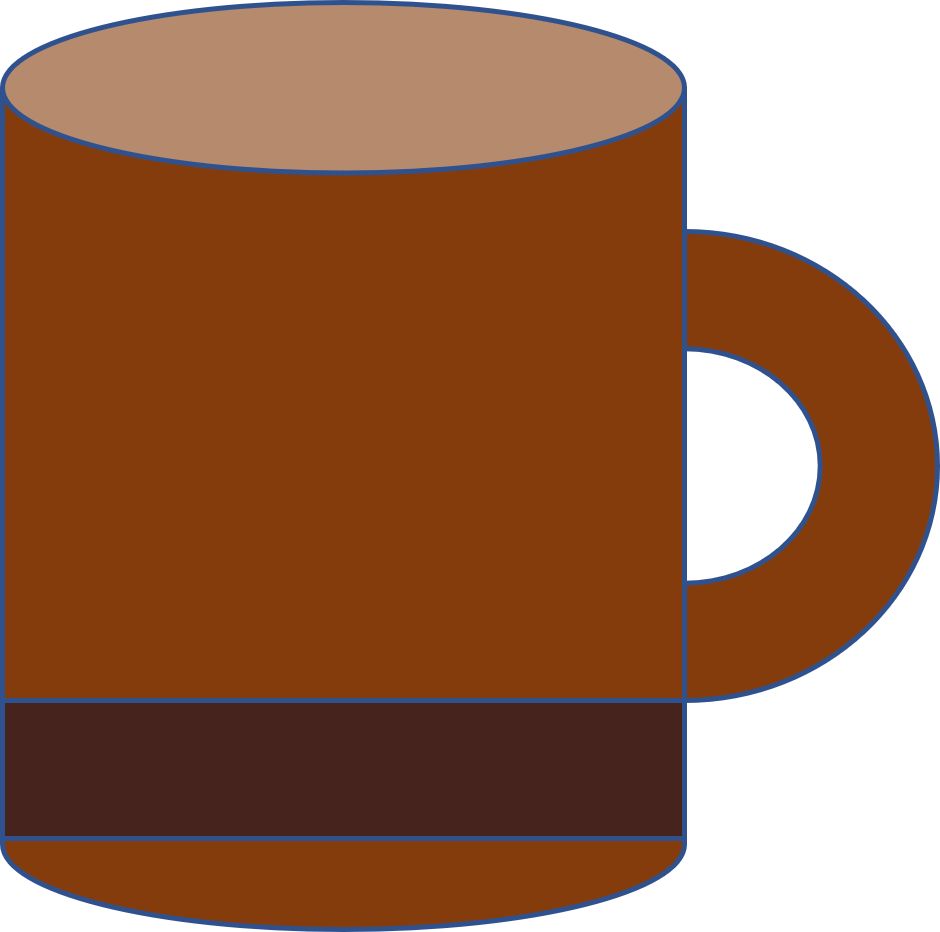 | 30ml Espresso |
Doppio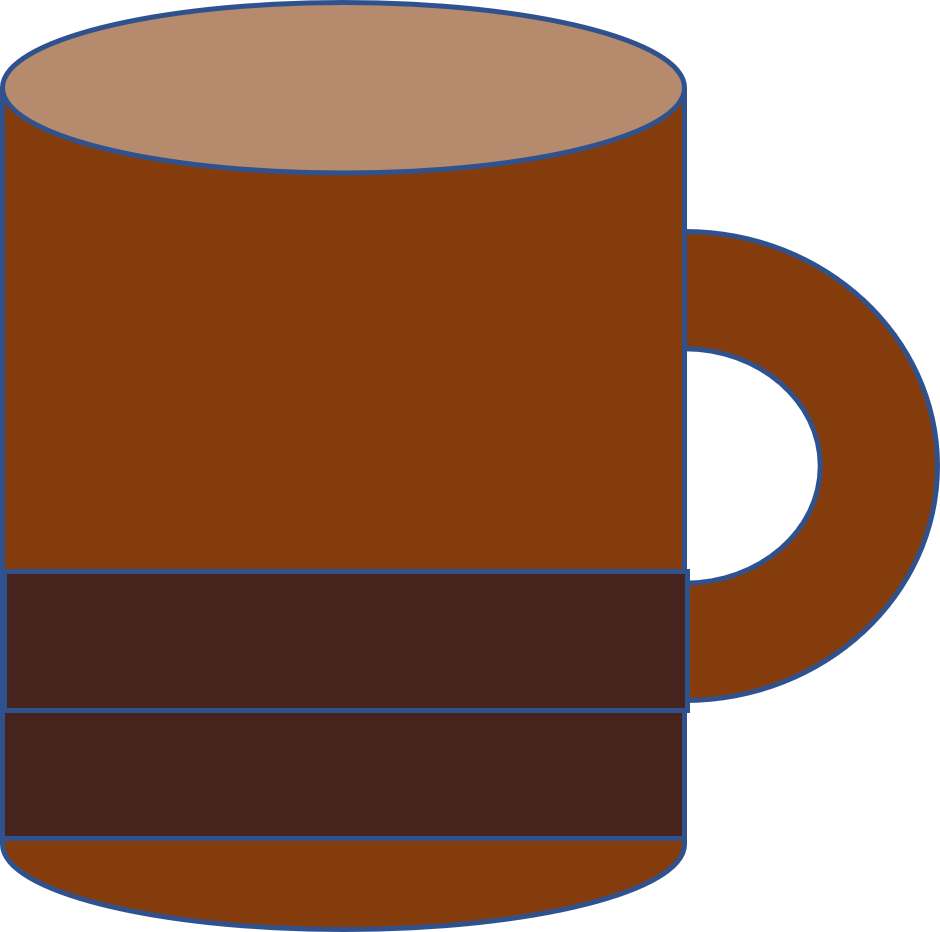 | 60ml Espresso |
Ristretto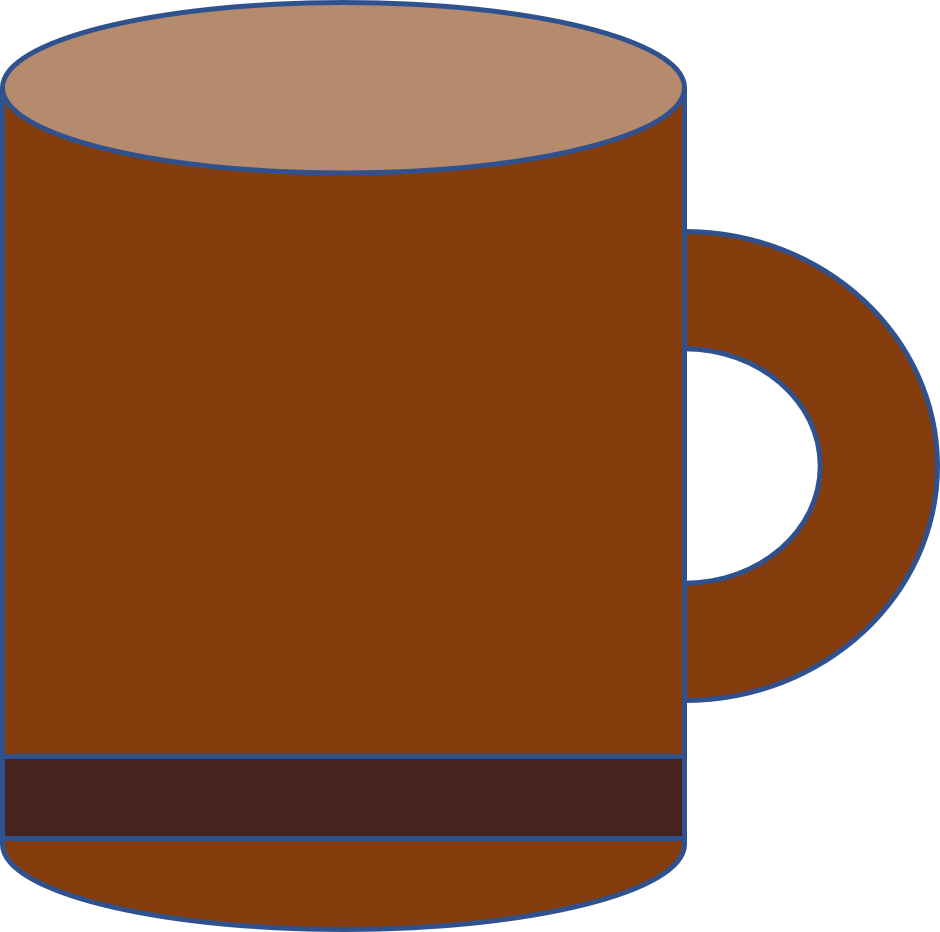 | 22ml Concentrated Espresso |
Lungo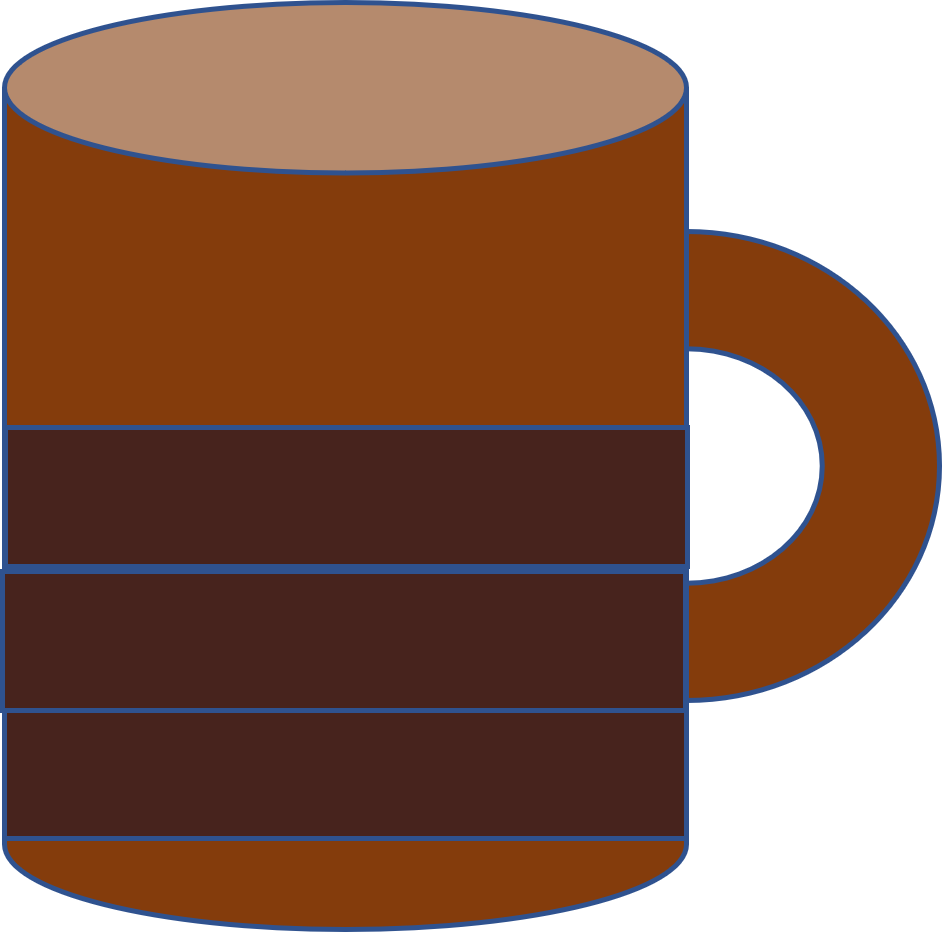 | 90 ml Less Concentrated Espresso Longer time to pull with crema on top |
Long Black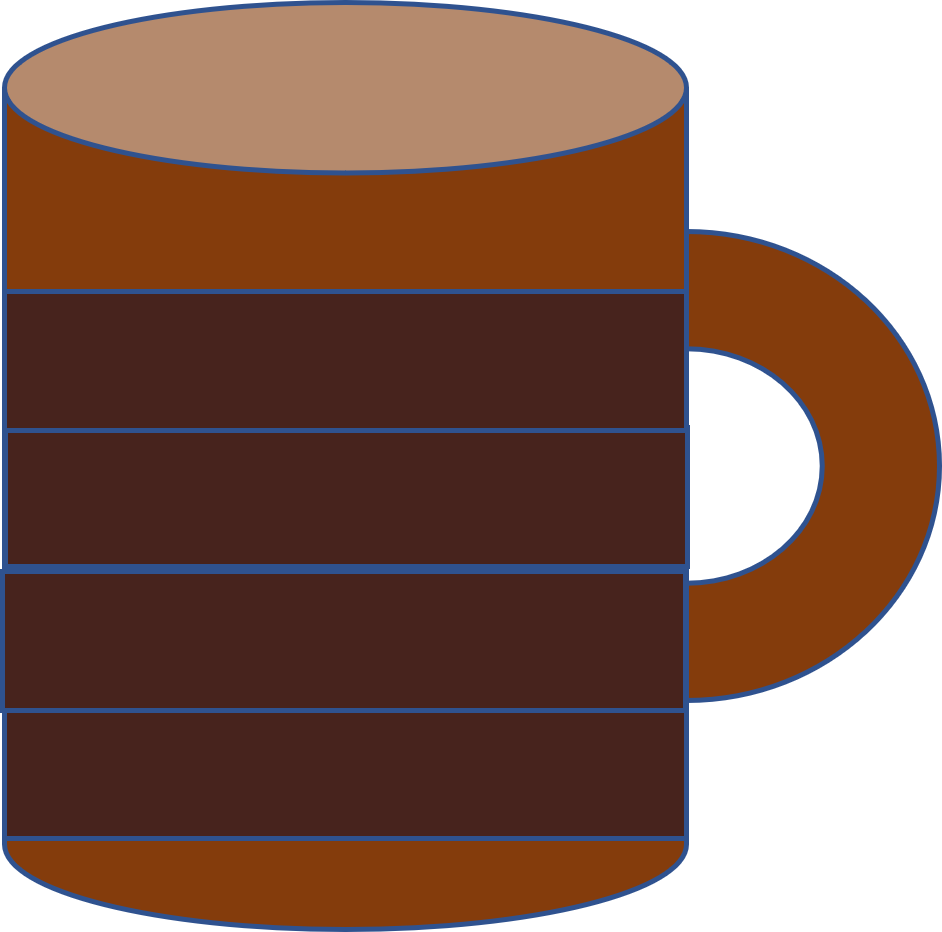 | 120ml Espresso Espresso pour on top of water with crema on top |
Americano | 120ml Espresso Water pout on top of Espresso without crema on top |
Caffe Latte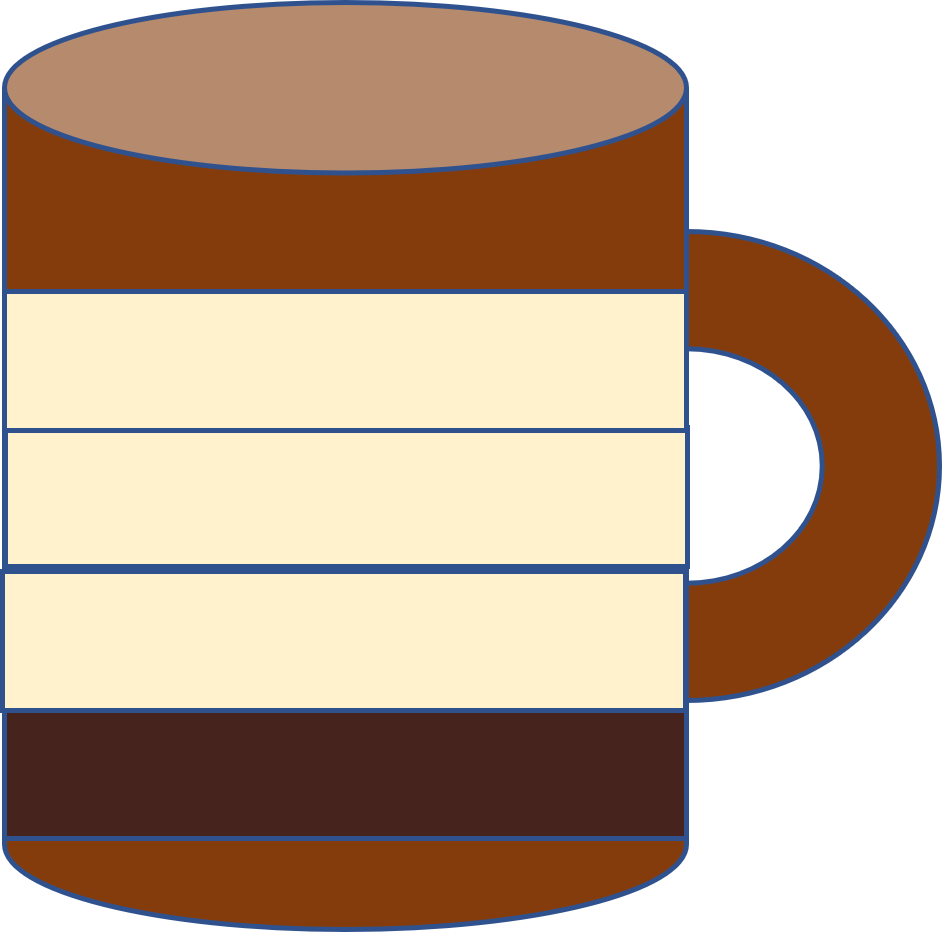 | 60ml Espresso 300ml steamed milk 2ml foamed milk |
Flat White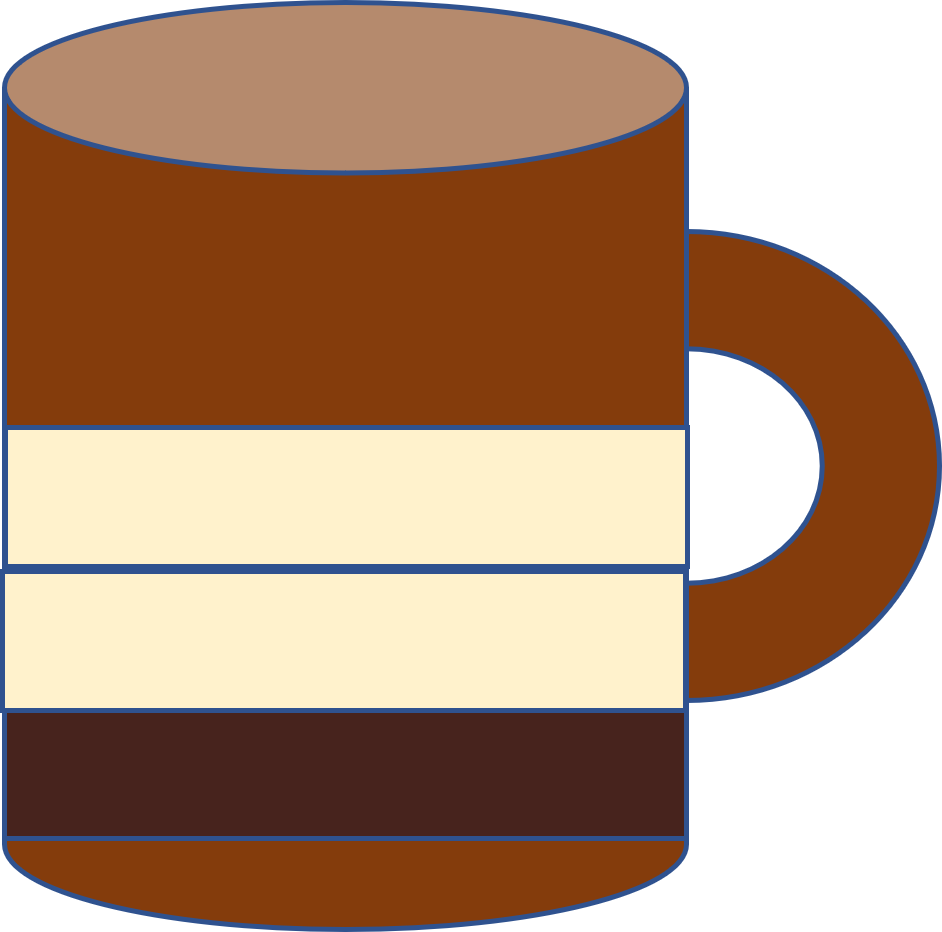 | 60ml Espresso 120ml steamed milk |
Cappuccino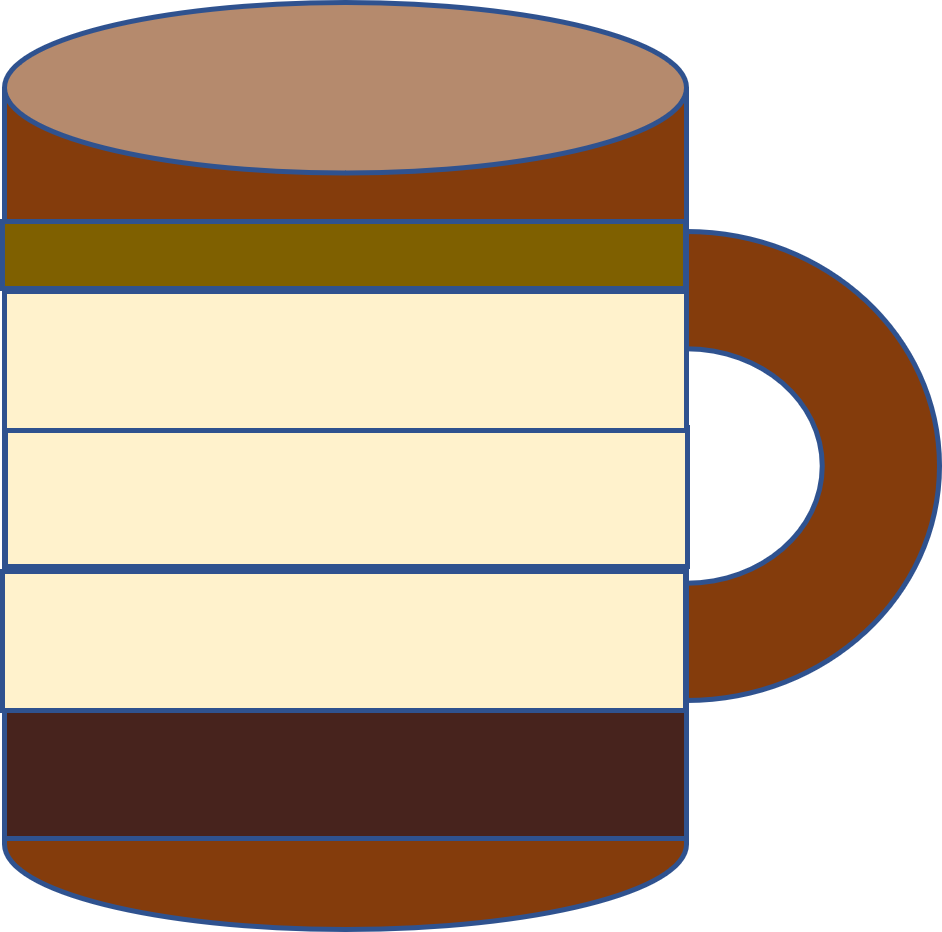 | 60ml Espresso 60ml steamed milk 60ml foamed milk Chocolate powder on top |
Mocha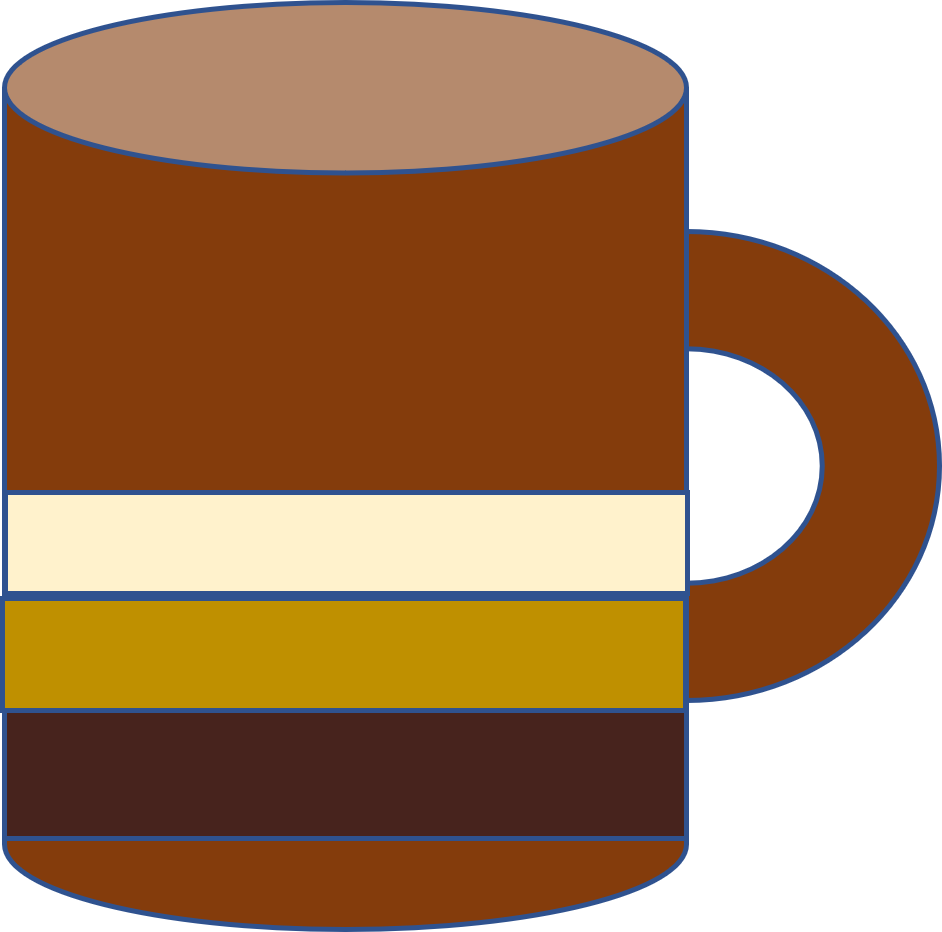 | 60ml Espresso 50ml Chocolate 30ml steamed milk |
Macchiato 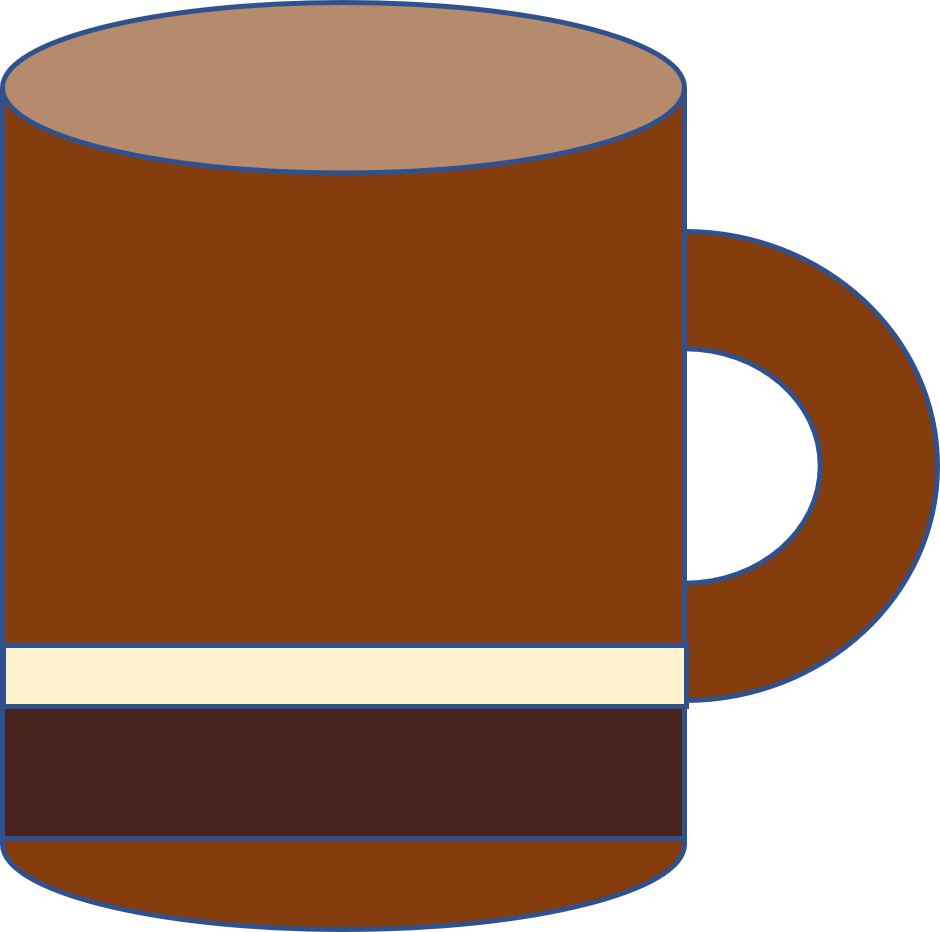 | 60ml Espresso Dot of foamed milk on top |
Piccolo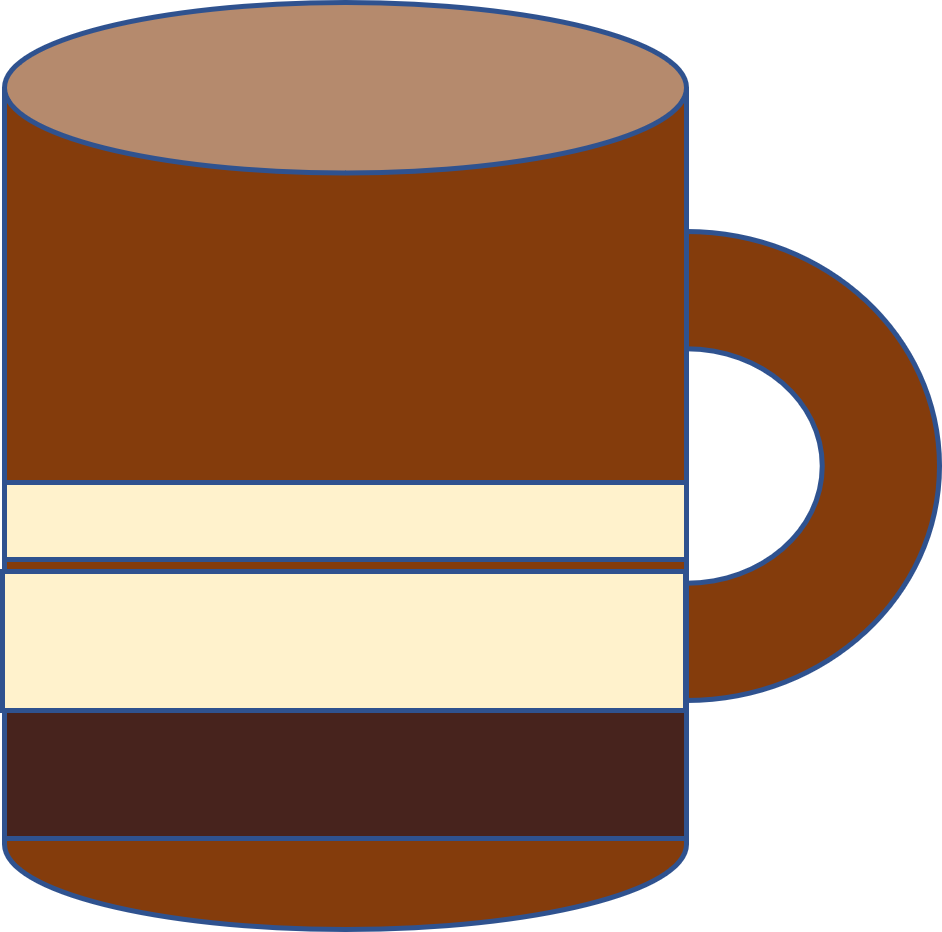 | 30ml Espresso 60ml steamed milk Dot of foamed milk on top |
